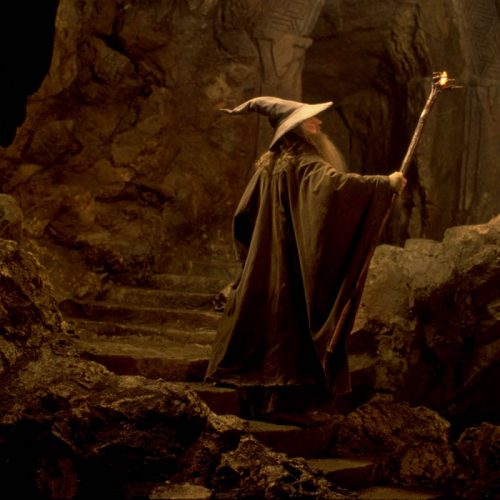There’s a moment near the end of every relationship when it becomes apparent that the tide has changed. A moment in which we notice the shift in the current, and with it, the ill-fated course of our love affair. One that’s equal parts unhappy and lucid, when we perceive the gradual vanishing of a once-potential future, as we take stock of a past that recedes further into the distance. Any time I’ve found myself at these crossroads, I’ve thought of the lonesome traveler in Robert Frost’s epochal poem “The Road Not Taken.” In the poem, the narrator finds himself at a bifurcation at the edge of the forest where “two roads diverged in a yellowing wood.” After contemplating each of them, he is overcome with a feeling of helplessness and anxiety at having to decide on which path to follow. “And sorry I could not travel both,” laments the speaker, “and be one traveler, long I stood and looked down one as far as I could.”
There is, of course, a significant difference between the two scenarios. In the case of Frost’s speaker, he is fortunate to count on both his perspective of what each road looks like as it bends quietly into the forest and the personal agency to decide which path to travel. The same can’t be said of the moment when we first hear the death knell that ushers in the early stages of a moribund relationship. In these instances, we’re usually left feeling overwhelmed and perplexed, as confusion hits us in unrelenting waves, and we wonder how it‘s possible to have strayed so far from our intended track.
I’ve often wondered if, perhaps, the mere act of sharing duties with another person when we’re in a relationship doesn’t affect the way that we perceive our wrongdoings and limit the extent to which we’re willing to admit responsibility for the way that things turn out. Too often, we find ourselves subject to faulty and baseless logic and tend to replace much-needed introspection and self-examination with shameless finger-pointing.
For Austin-based songwriter Sean Keel, the all-consuming confusion and feeling of helplessness that follow on the heels of a breakup take center stage in his new track “Lilacs That Morning” off his second album, Speak Friend and Enter, released under the moniker Bill the Pony.
A wistful, bouncy piano ballad that recalls the ebullience of early-20th-century concert hall tunes and the mundane and gravelly grit of crooners like Harry Nilsson and Randy Newman, “Lilacs That Morning” stands as Keel’s honest attempt at making sense of a love that’s gone terribly wrong.
For Keel, time sets the stage for that’s inevitably slated to follow:
“Time feeds the river
Feeds the forest
Feeds the fire
So time is the source of the flame
I don’t know just exactly what’s before us
But it will never be the same again.”
This irrepressible linear progression casts an uncanny and surreal aura on his memories so that events feel detached and isolated, as if they were unfolding magically and without reason inside a dream:
“Oh, the lilacs that morning
So blue they looked painted on
I can’t believe you blame me
For the ending when
It was you who wrote the start of the song.”
The feeling that past, present, and future are all simultaneously dissolving into a shapeless and amorphous blur in which the lines that divide what was from what wasn’t; what is from what isn’t; and what could have been from what never will be is quite relatable. There is a painfully familiar sense of puzzlement that mingles with traces of dismay, and an invasive feeling of betrayal as Keel confronts his former paramour and suddenly flips the script on them:
“I can’t believe you blame me
For the ending when
It was you who wrote the start of this song.”
This conniption, however, is short-lived and quickly gives way to a belated yet increasingly prevailing sense of resignation and stupefaction, as the singer comes to painful terms with the fact that the verdict is sealed and there’s no going back:
“The rainbow
Is not something a man can attain
What’s done’s done,
There’s no going over
Time’s not some dog-eared page.”
In the end, his disconsolate emotional state and engrossing sense of disbelief get the best of him as he expresses his defeatist incredulity one last time:
“I can’t believe that we got that ending
After such a sweet start to the song.”
Following what appeared, at first, like a genuine effort to get the closure necessary to move on, Keel’s pining narrator cannot adequately separate his guilt from his doubts. Ultimately, this toxic mix of hubris and blinding insecurity leads him down a path that ends with seemingly irreparable heartbreak and stunted personal growth.







